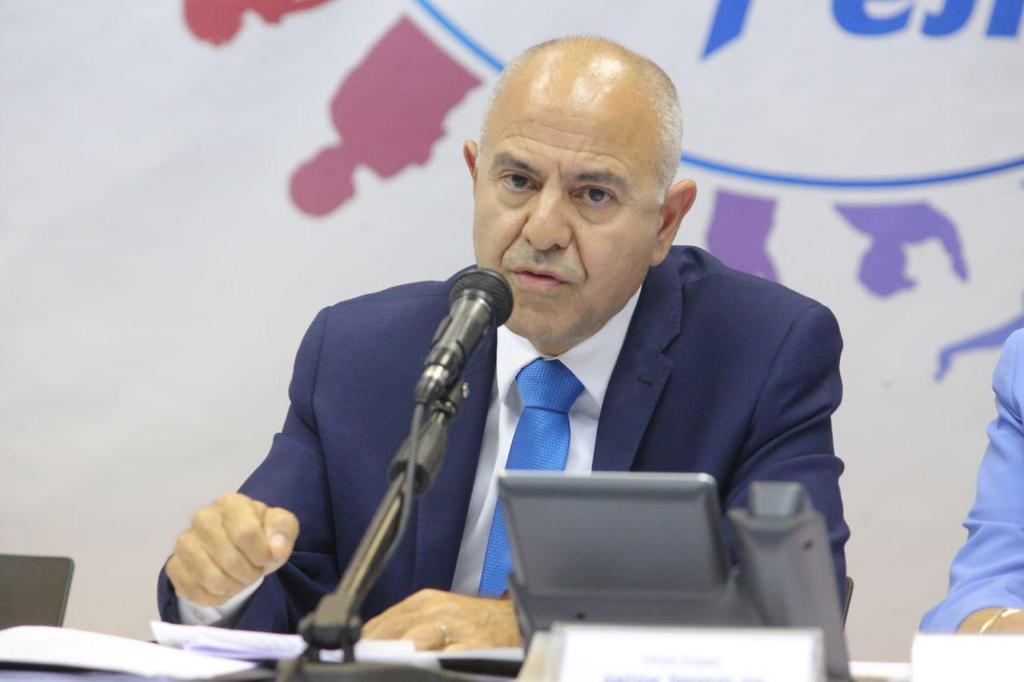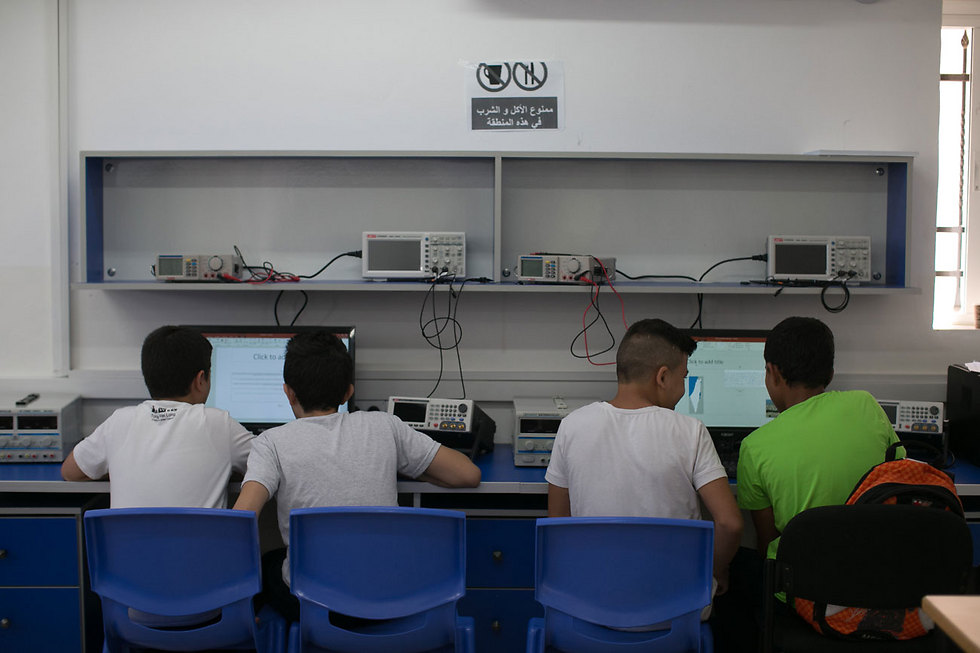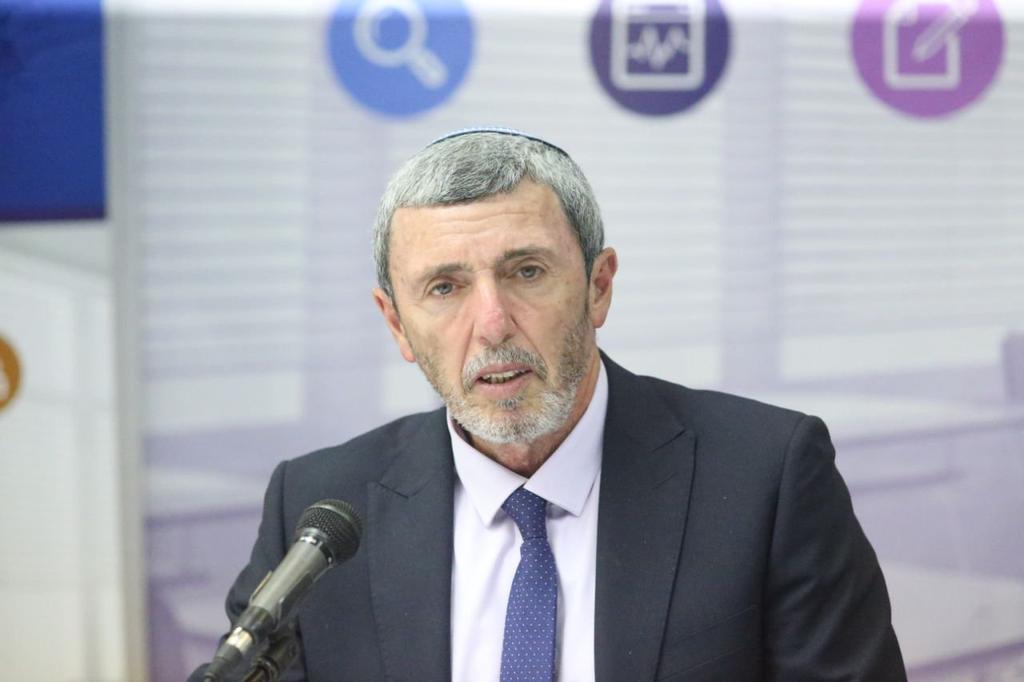Getting your Trinity Audio player ready...
Education Ministry Director-General Shmuel Abuav recently met with representatives of the Shin Bet domestic security service to discuss various issues related to the education system in the Arab sector and East Jerusalem.
This existence of the meeting was listed in Abuav's diary, which was obtained by Ynet following a petition by the the Movement for Freedom of Information.
A security establishment official stressed that the meeting was initiated by the Education Ministry.
During the meeting, which was held in Abuav's office last November, the ministry chief and two Shin Bet representatives discussed events among students in the Arab schools.
Sources in the ministry said that the meeting had, among other things, significant security objectives, such as preventing radical Islamists from working in schools.
This stems from a 2015 case in which four teachers in the Negev were charged with disseminating ISIS material in educational institutions.
The meeting was also attended by Abdullah Khatib, who heads the Arab Education Department at the Education Ministry, and while the conversation covered civil issues concerning all Israeli students, but the focus was solely on the Arab student body.
Among other things, the Shin Bet representatives received an overview of the trends in informal education among Arab students and their participation in various youth movements and organizations.
The meeting also discussed a five-year program by the Education Ministry in East Jerusalem and the efforts to introduce the Israeli curriculum to schools in the area.
The attendees also discussed educational networks affiliated with the Northern Branch of the Islamic Movement and its efforts to gain a foothold in East Jerusalem schools.
In 2017, Ynet's sister publication Yedioth Ahronoth reported that the Education Ministry and Shin Bet had cooperated on the appointment of Arab teaching staff, despite public criticism.
Three former education ministers - Yossi Sarid, Shulamit Aloni and Amnon Rubinstein - had also claimed that the intelligence service was indeed involved in the appointment of Arab teaching staff.
Adalah, the Legal Center for Arab Minority Rights in Israel, petitioned the High Court in 2004 demanding that this cooperation – which included a position inside the ministry's department for Arab education - be stopped.
In 2005, the National Task Force for the Advancement of Education in Israel (commonly known as the Dovrat Committee) also recommended that this cooperation cease.
The report also said that "the regional education authority and the Ministry of Education should be responsible for preventing appointments or dismissing teachers, administrators and other officials - both Jews and Arabs - who do not meet the objectives of state education system."
Ultimately the position was canceled, but it appears from the head of the ministry's diary that the cooperation continues.
Even so, it noteworthy that Abuav is viewed as a respected and esteemed educationalist among Arab society. In the past year he has held numerous meetings regarding national service by young members of the Arabs community.
Furthermore, the diary of Education Minister Rafi Peretz, which was first published last month by Ynet, revealed that he has not visited any Arab schools since taking office.
Abuav's diary reveals a completely different picture. He makes sure to regularly tour Arab schools, in the past year visiting institutions in Nazareth, Jatt, Jaljulia, Tira, Baqa al-Gharbiya, Hura and more. He also met with Knesset members from the Joint List as well as former MK Issawi Freij of Meretz.
Unlike Peretz, who has attended one session related to Arab education, Abouav's diary indicates that he attended dozens of meetings focusing on Arab, Bedouin and Druze education as well as at least six meetings on schooling in East Jerusalem.




